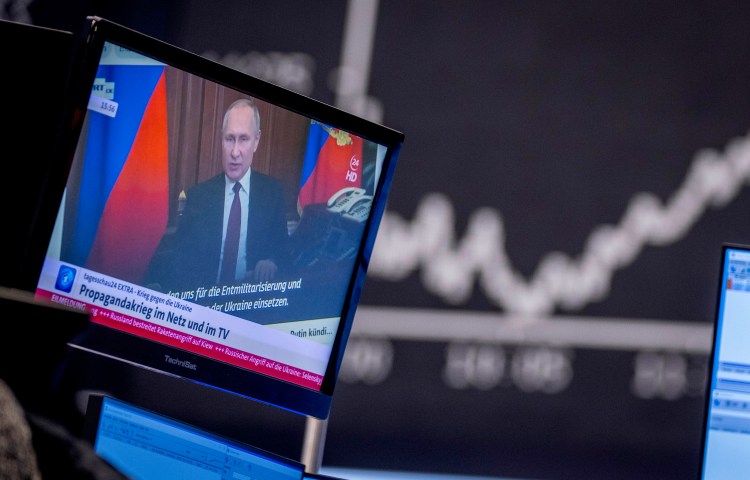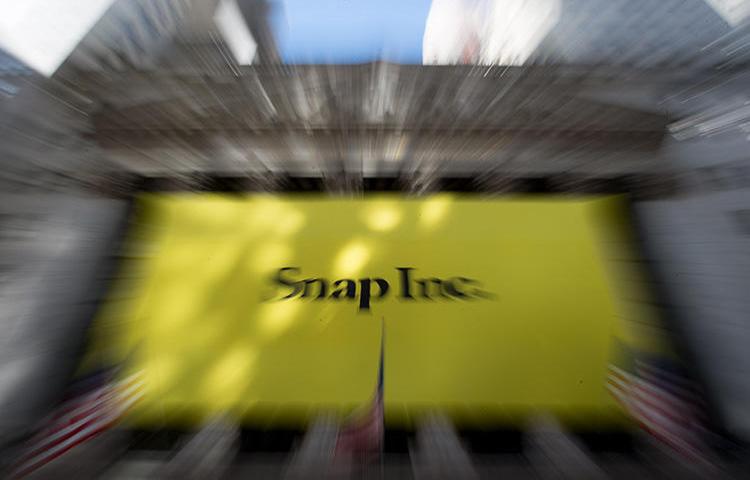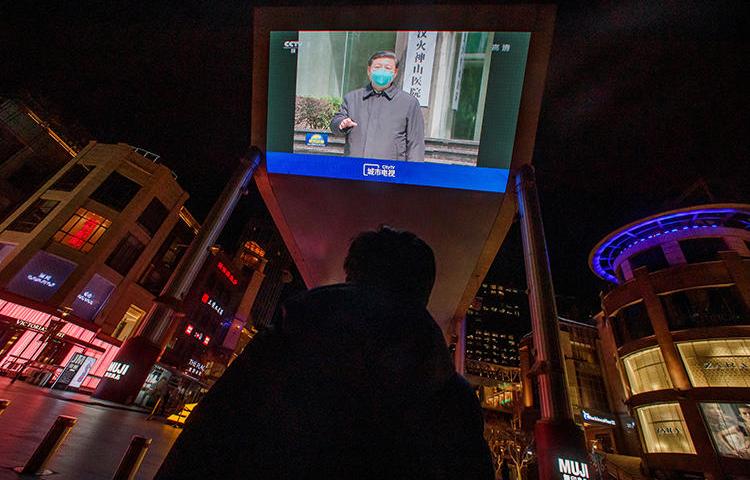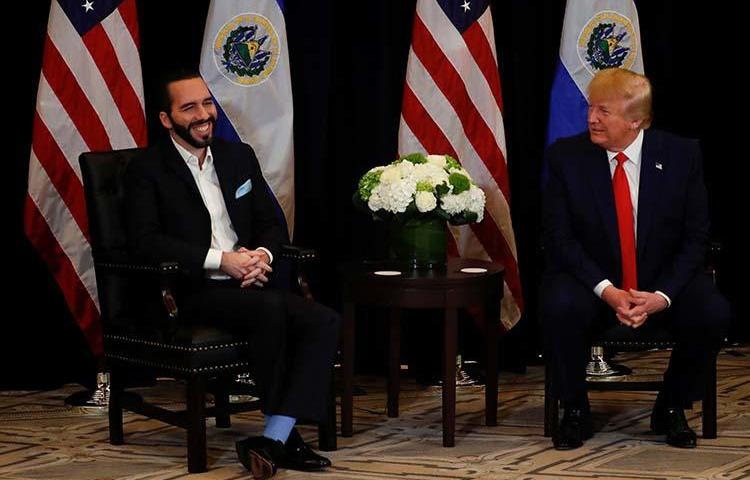Ahmed Zidan/CPJ Deputy Director, Digital and Social Media
Ahmed Zidan, CPJ’s deputy director, digital and social media, previously worked as social media editor of Radio Netherlands Worldwide, reporter and contributor to the Arabic desk at RNW (Huna Sotak), and editor of ArabNet. He was the editor of Mideast Youth, which won the 2011 Best of Blogs award from Deutsche Welle. Follow him on Twitter @zidanism. His public PGP encryption key can be found here.

Emily Bell: Tech companies must ‘wake up’ to their role in Ukraine war disinformation
As Russia wages an information war alongside its physical war in Ukraine, tech companies have responded with measures small and large, from reducing the visibility of propagandistic social media posts to blocking Russian state-affiliated media, to going beyond international sanctions by pulling out of the country altogether. Meanwhile, Ukrainian journalists, citizens, and officials have used…

First Draft’s Aimee Rinehart on fact-checking coronavirus misinformation
While digital communication enables the public to receive critical information about the COVID-19 pandemic in real time, the same tools are enabling an “infodemic” of misinformation that “can hamper an effective public health response and create confusion and distrust,” according to the United Nations.

Undiscoverable: How Al-Jazeera’s Snapchat channel disappeared from three Gulf nations
Search for “Al-Jazeera” on Snapchat, and the first result that comes up is a ubiquitous publisher channel in the app’s famed vertical layout. That is, unless you are in Saudi Arabia, the United Arab Emirates (UAE), or Bahrain. Users in these counties are instead offered a list of stores and restaurants that bear a similar…

How Turkey silences journalists online, one removal request at a time
On June 19, Abdülhamit Bilici, the last editor-in-chief of the now-shuttered Turkish paper Zaman, tweeted about the decline of press freedom in his home country. If you can see his tweet, you are probably not in Turkey because it is among the over 1.5 million tweets belonging to journalists and media outlets censored there under…

